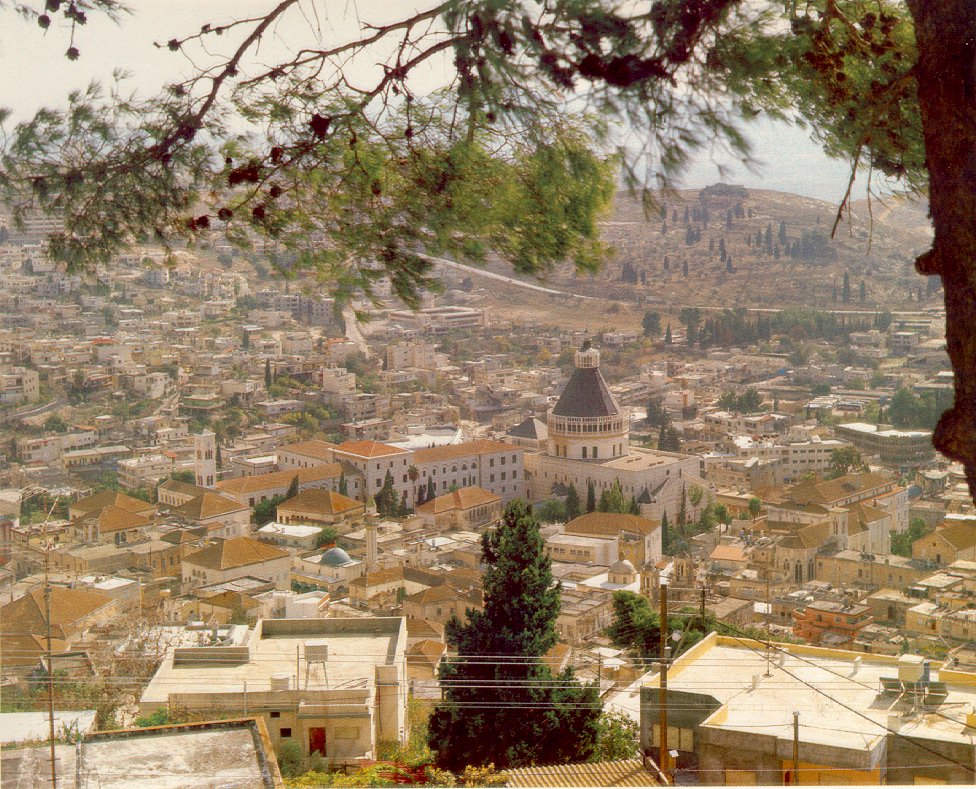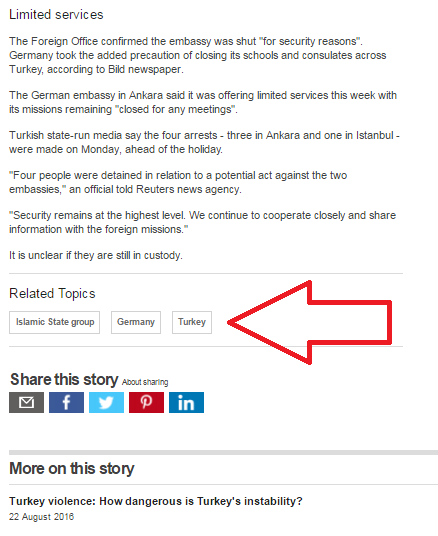You can always tell that Christmas is on the horizon by the fact that as the nights get longer, Western journalists suddenly develop an interest in Christianity in the Middle East. To his credit, the BBC Jerusalem Bureau’s Kevin Connolly at least refrained from going down the over-trodden route of tracking down a photo-op with a wizened old shepherd from Bethlehem.
Instead, he produced a report on the falling numbers of Christians throughout the region which was aired on BBC Radio 4’s ‘Broadcasting House’ programme on December 16th (available here from around 20:43) and also appeared as an article on the BBC News website.
One may certainly wish to take issue with Connolly’s identification of the defining factors behind the dwindling numbers of Christians in the Middle East.
“And one of the reasons why the flight of Christians from Middle East in general is a difficult story to tell is that it is in general not a story of persecution but of subtler demographic factors.
There has been anti-Christian violence – most notably in Iraq in recent years.
But the Christian population is falling in statistical terms partly because it has a much lower birth-rate than the Muslim population around it.
And it has a high propensity to emigrate.”
Connolly remarks that:
“Christians are no longer a majority in Lebanon, which was once a political and cultural stronghold – and they’re even in a minority in the Palestinian city of Bethlehem, the very birthplace of Christ.”
In 1947 the population of Bethlehem was 85% Christian. In 1990 23,000 Christians lived there, as a 60% majority. After the Palestinian Authority took over control of the town in 1995 the town’s municipal boundaries were altered to include concentrations of Muslim population, turning the Christians into a minority. By 2010 the number of Christians in Bethlehem had fallen to 7,500.
Journalist Khaled Abu Toameh has reported on the situation of the Christians in Bethlehem on numerous occasions. For example, in 2007 he wrote:
“A number of Christian families have finally decided to break their silence and talk openly about what they describe as Muslim persecution of the Christian minority in this city. The move comes as a result of increased attacks on Christians by Muslims over the past few months. The families said they wrote letters to Palestinian Authority Chairman Mahmoud Abbas, the Vatican, Church leaders and European governments complaining about the attacks, but their appeals have fallen on deaf ears. According to the families, many Christians have long been afraid to complain in public about the campaign of “intimidation” for fear of retaliation by their Muslim neighbors and being branded “collaborators” with Israel. But following an increase in attacks on Christian-owned property in the city over the past few months, some Christians are no longer afraid to talk about the ultra-sensitive issue. And they are talking openly about leaving the city.”
And in 2009:
“Christian families have long been complaining of intimidation and land theft by Muslims, especially those working for the Palestinian Authority.
Many Christians in Bethlehem and the nearby [Christian] towns of Bet Sahour and Bet Jalla have repeatedly complained that Muslims have been seizing their lands either by force or through forged documents.
In recent years, not only has the number of Christians continued to dwindle, but Bethlehem and its surroundings also became hotbeds for Hamas and Islamic Jihad supporters and members.
Moreover, several Christian women living in these areas have complained about verbal and sexual assaults by Muslim men.
Over the past few years, a number of Christian businessmen told me that they were forced to shut down their businesses because they could no longer afford to pay “protection” money to local Muslim gangs.
While it is true that the Palestinian Authority does not have an official policy of persecution against Christians, it is also true that this authority has not done enough to provide the Christian population with a sense of security and stability.”
Strangely though, Kevin Connolly’s worrying overview the decline of Christian communities in the Middle East neglects to mention that there is one country in the region in which the Christian population is growing steadily.

In 1949 there were 38,000 Christians in Israel. By 2000 that number had risen to 130,000, by 2005 to 146,000 and one year ago, at the end of 2011, there were 154,500 Israeli Christians. Nazareth has 22,000 Christians among its population, Haifa (currently celebrating the ‘Holiday of Holidays’ festival, as featured by the BBC itself in this photo essay) around 14,000, and Shfaram around 9,300.
In 1947 there were 28,000 Christians living in Jerusalem. During the 19 years of Jordanian rule over the eastern part of the city, 61% of them left, with the population reduced to 11,000 when the city was reunited in the Six Day War. At the end of 2010, the Christian population of Jerusalem was 11,600.
Connolly’s failure to mention the one place in the Middle East in which Christians thrive and have total freedom of worship leaves his audiences with a partial – and therefore inaccurate – picture of Christianity in the Middle East.





